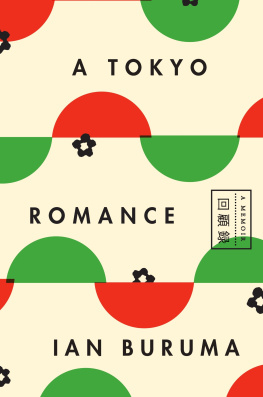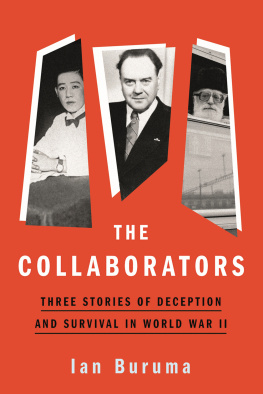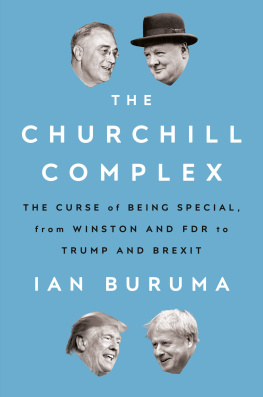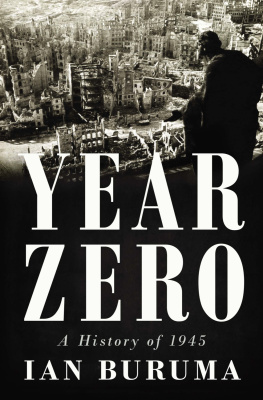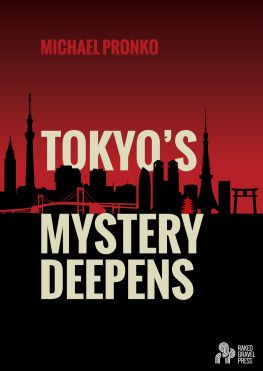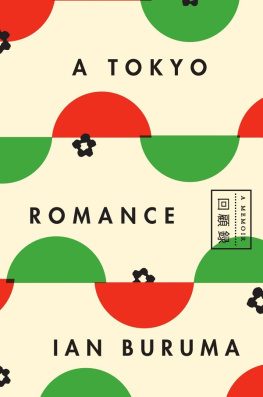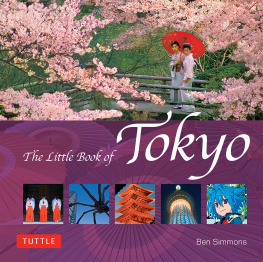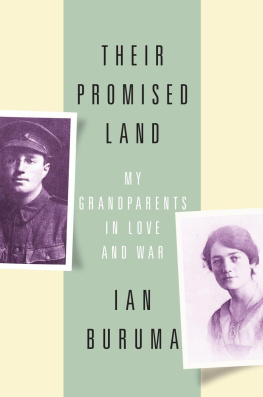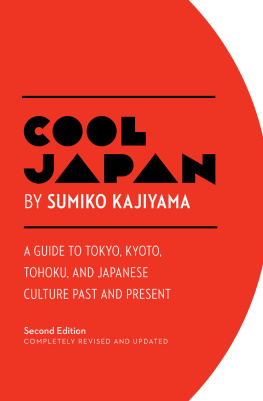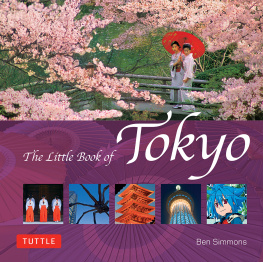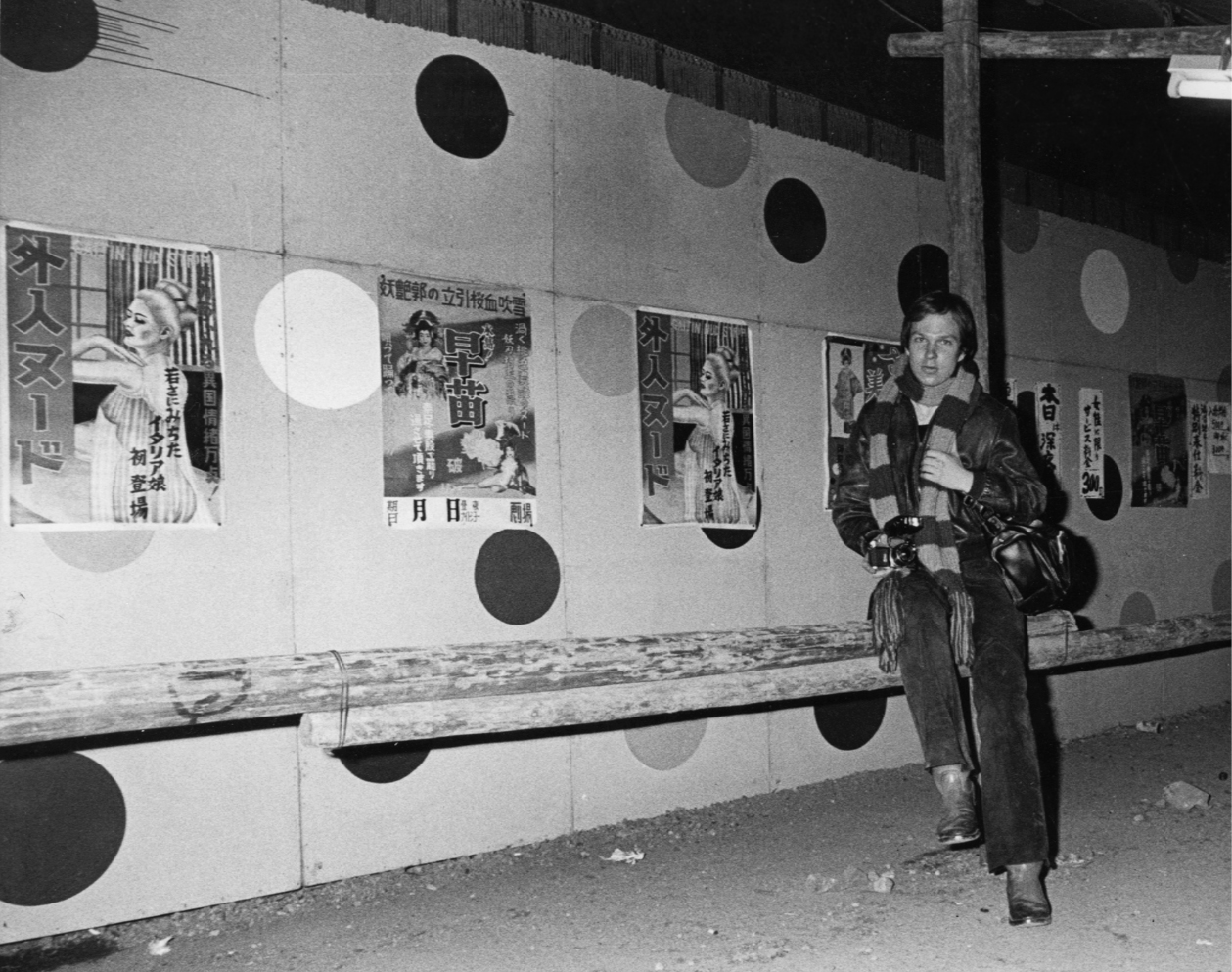Ian Buruma - A Tokyo Romance: A Memoir
Here you can read online Ian Buruma - A Tokyo Romance: A Memoir full text of the book (entire story) in english for free. Download pdf and epub, get meaning, cover and reviews about this ebook. year: 2018, publisher: Penguin Press, genre: Non-fiction. Description of the work, (preface) as well as reviews are available. Best literature library LitArk.com created for fans of good reading and offers a wide selection of genres:
Romance novel
Science fiction
Adventure
Detective
Science
History
Home and family
Prose
Art
Politics
Computer
Non-fiction
Religion
Business
Children
Humor
Choose a favorite category and find really read worthwhile books. Enjoy immersion in the world of imagination, feel the emotions of the characters or learn something new for yourself, make an fascinating discovery.
- Book:A Tokyo Romance: A Memoir
- Author:
- Publisher:Penguin Press
- Genre:
- Year:2018
- Rating:5 / 5
- Favourites:Add to favourites
- Your mark:
A Tokyo Romance: A Memoir: summary, description and annotation
We offer to read an annotation, description, summary or preface (depends on what the author of the book "A Tokyo Romance: A Memoir" wrote himself). If you haven't found the necessary information about the book — write in the comments, we will try to find it.
When Ian Buruma arrived in Tokyo in 1975, Japan was little more than an idea in his mind, a fantasy of a distant land. A sensitive misfit in the world of his upper middleclass youth, what he longed for wasnt so much the exotic as the raw, unfiltered humanity he had experienced in Japanese theater performances and films, witnessed in Amsterdam and Paris. One particular theater troupe, directed by a poet of runaways, outsiders, and eccentrics, was especially alluring, more than a little frightening, and completely unforgettable. If Tokyo was anything like his plays, Buruma knew that he had to join the circus as soon as possible.
Tokyo was an astonishment. Buruma found a feverish and surreal metropolis where nothing was understatedneon lights, crimson lanterns, Japanese pop, advertising jingles, and cabarets. He encountered a city in the midst of an economic boom where everything seemed new, aside from the isolated temple or shrine that had survived the firestorms and earthquakes that had levelled the city during the past century. History remained in fragments: the shapes of wounded World War II veterans in white kimonos, murky old bars that Mishima had cruised in, and the narrow alleys where street girls had once flitted. Burumas Tokyo, though, was a city engaged in a radical transformation. And through his adventures in the world of avant garde theater, his encounters with carnival acts, fashion photographers, and moments on-set with Akira Kurosawa, Buruma underwent a radical transformation of his own. For an outsider, unattached to the cultural burdens placed on the Japanese, this was a place to be truly free.
A Tokyo Romance is a portrait of a young artist and the fantastical city that shaped him. With his signature acuity, Ian Buruma brilliantly captures the historical tensions between east and west, the cultural excitement of 1970s Tokyo, and the dilemma of the gaijin in Japanese society, free, yet always on the outside. The result is a timeless story about the desire to transgress boundaries: cultural, artistic, and sexual.
Ian Buruma: author's other books
Who wrote A Tokyo Romance: A Memoir? Find out the surname, the name of the author of the book and a list of all author's works by series.

